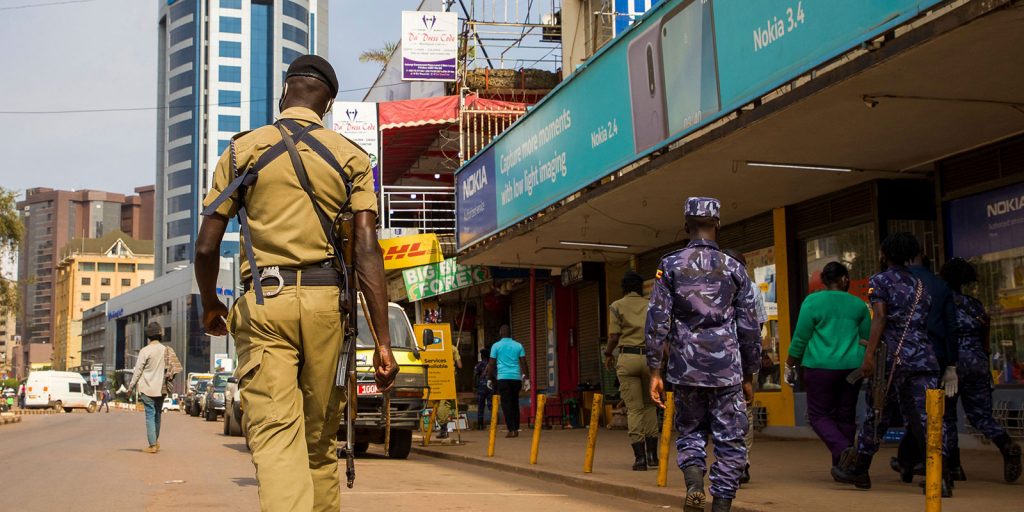
COVID-19 Conflict & Resilience Monitor – 29 July 2021
During the COVID-19 crisis ACCORD’s analysis is focused on the impact of the pandemic on conflict and resilience in Africa.

During the COVID-19 crisis ACCORD’s analysis is focused on the impact of the pandemic on conflict and resilience in Africa.
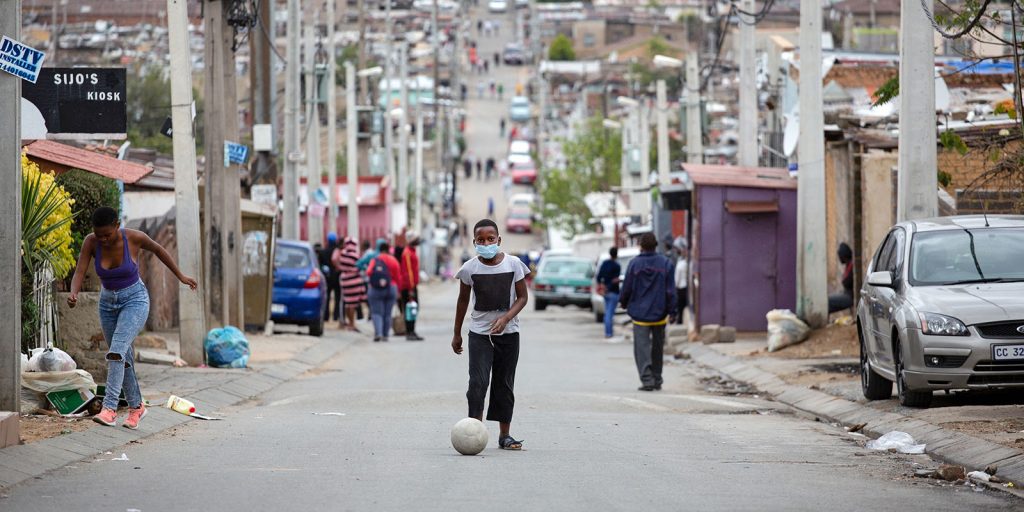
COVID-19 has ravaged and devastated economies, fracturing communities’ social safety and exposing individuals to unemployment, homelessness, a heightened sense of loneliness, a careless world, and mental health challenges. These effects of COVID-19, though the world over, have been felt even more in the Global South, especially in Africa. Unfortunately, the light touch of the first wave might have created a false sense of escaping for many African countries, robbing the continent of precious time to better prepare for subsequent waves.
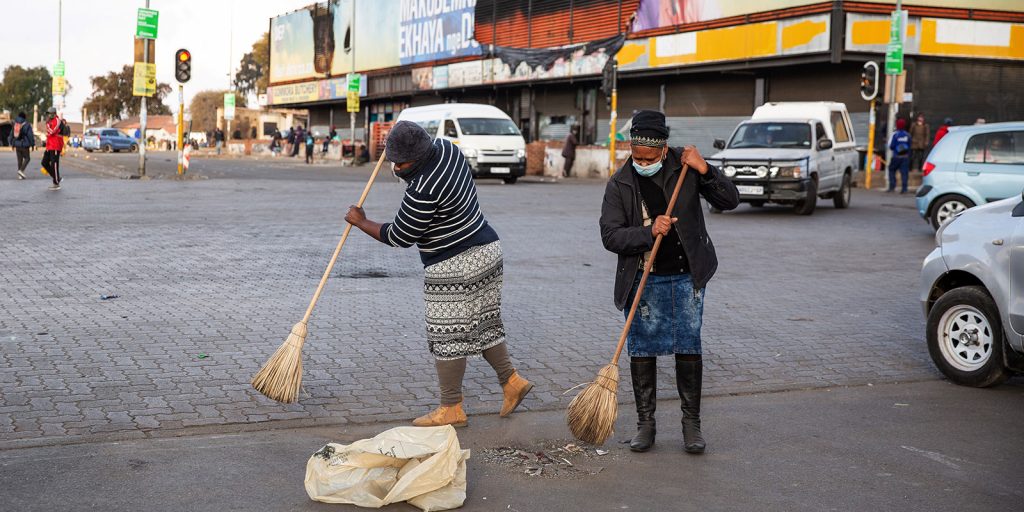
At a time of a health crisis, societal tensions, and social-political unrest in South Africa, now, more than ever, we need to bring a meaning to solidarity and put our hands and hearts together to explore how we can rebuild social cohesion and peace in a divided South Africa.
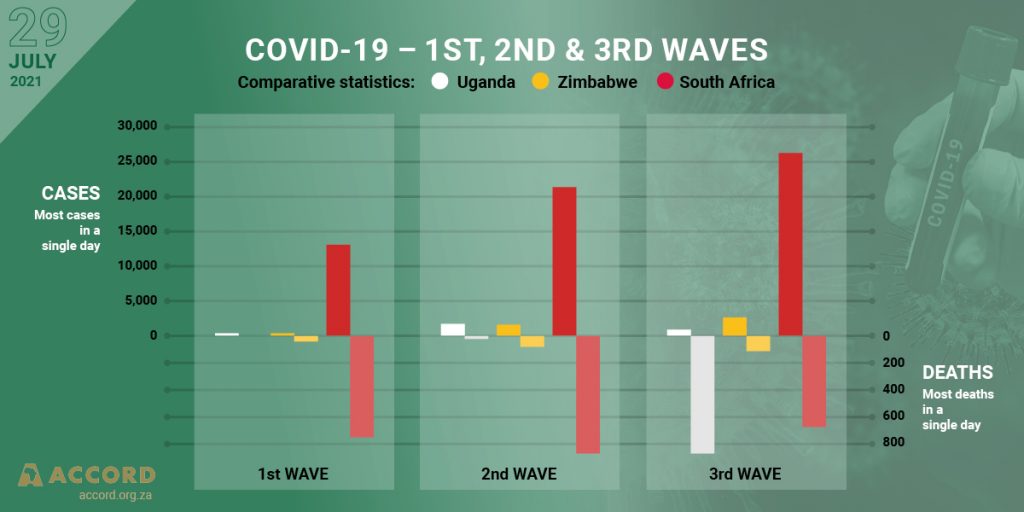
The world watched while India struggled with the COVID-19 Delta variant that was proving to be the most transmissible COVID-19 variant worldwide. It was only a matter of time before the African continent would have to face up to this more contagious variant too.
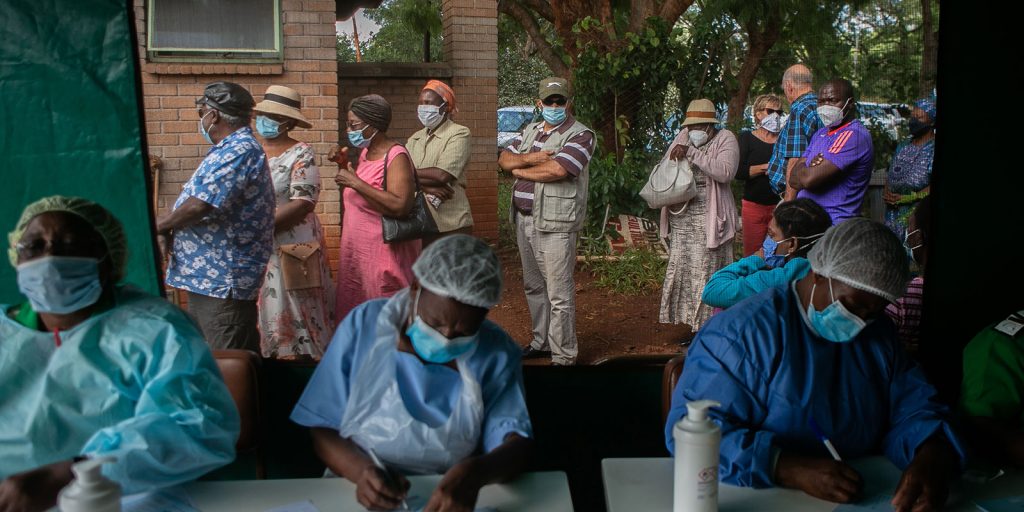
During the COVID-19 crisis ACCORD’s analysis is focused on the impact of the pandemic on conflict and resilience in Africa.
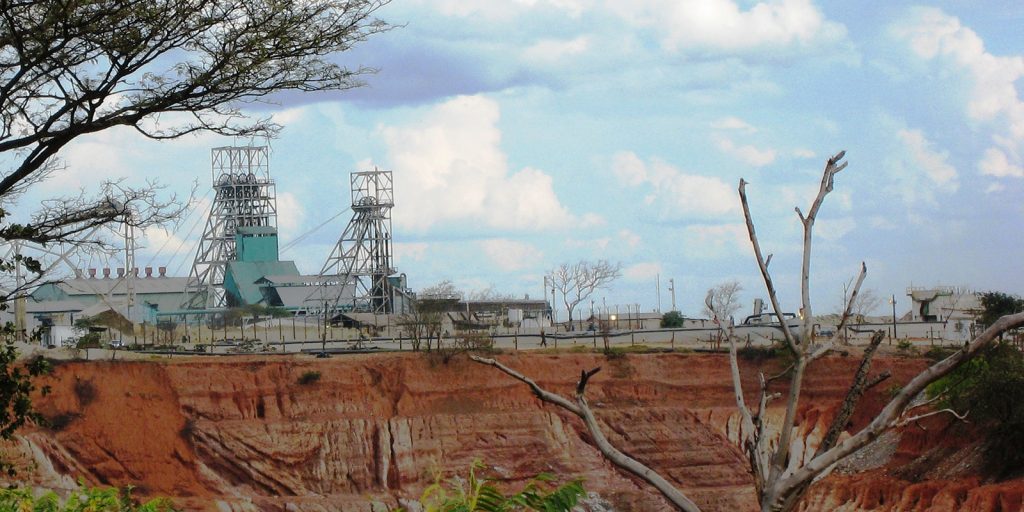
It was particularly pleasing for me, on the occasion of the International Year for the Abolition of Child Labour, Forced Labour and Trafficking in Persons, which Africa celebrated on 18 June 2021, to launch a reflection on child labour in Central Africa, particularly in the mining sector, and the influence of COVID-19 on this unfortunate scourge. The problem of child labour in the world, and particularly in Africa, is a major issue that deserves to be addressed with the utmost rigour and urgency.
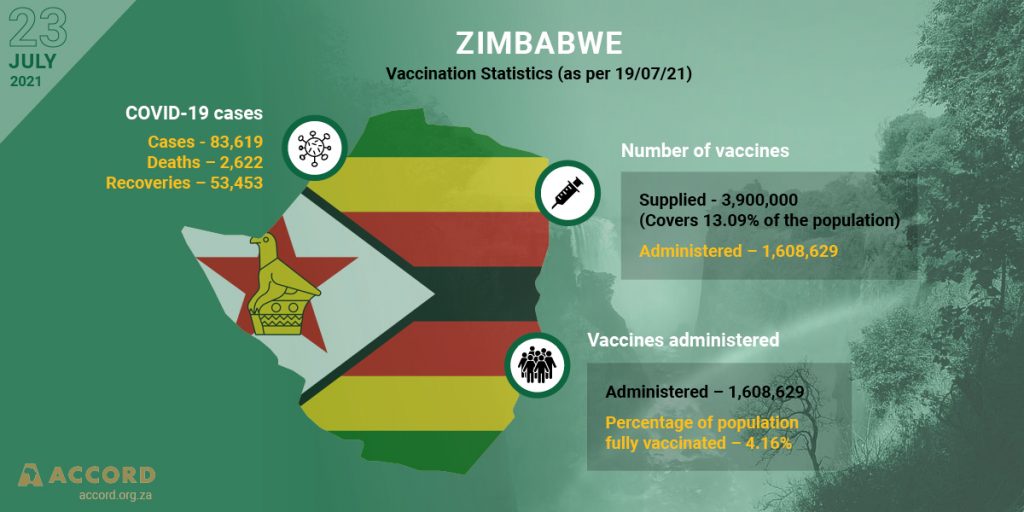
With new technologies and the evolution of medical science in the twenty first century, the COVID-19 vaccine was developed faster than vaccines for previous pandemics and epidemics. Vaccine nationalism, where some governments signed agreements with pharmaceutical manufacturers to supply their own populations with vaccines before they had become available for other countries, has led to the politicization of COVID-19 vaccines.
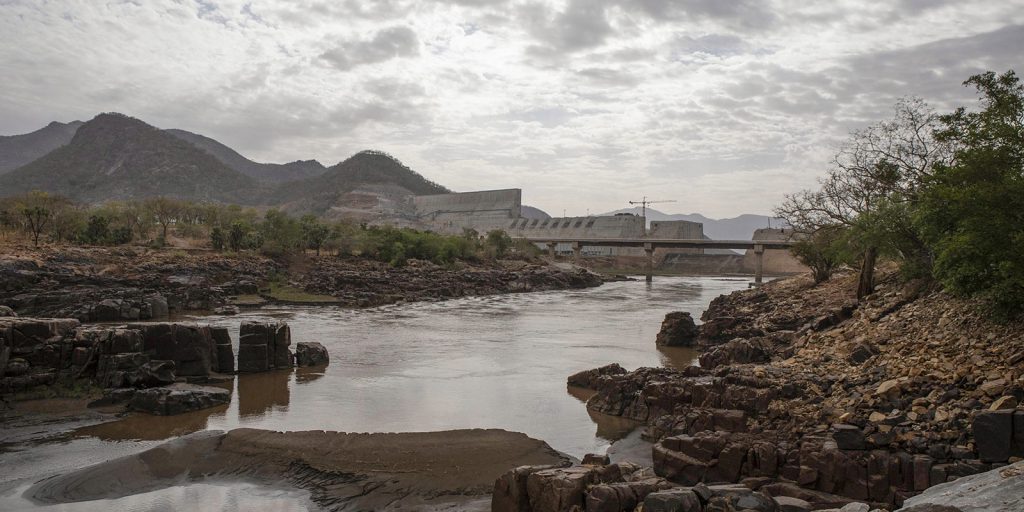
Amid the climate emergency, access to freshwater is a potential source of tension and conflict between states. One example of tension tied up to a transboundary watercourse is the on-going dispute between Egypt and Ethiopia over the water resources of the River Nile. A long-standing dispute between the countries has gained tension due to the construction of the Grand Ethiopian Renaissance Dam (GERD) by Ethiopia.
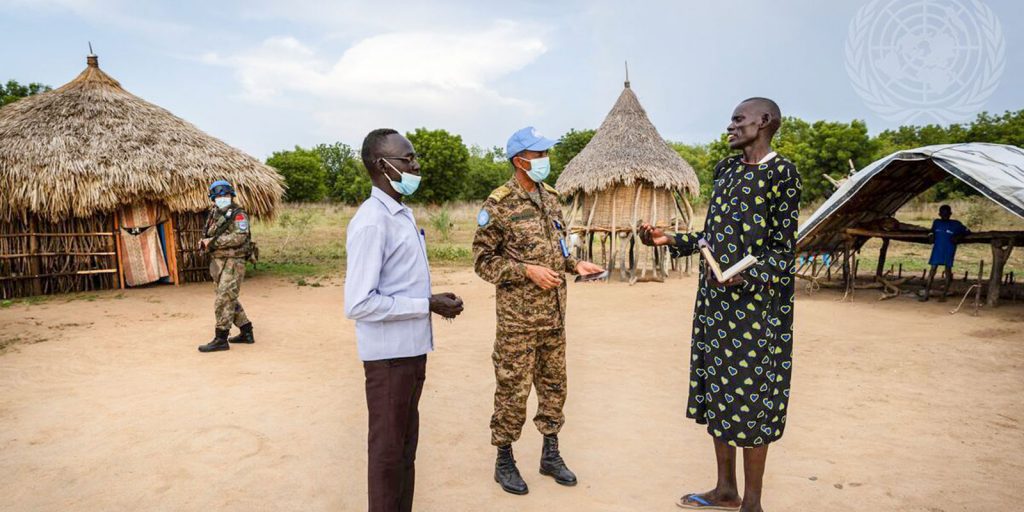
During the COVID-19 crisis ACCORD’s analysis is focused on the impact of the pandemic on conflict and resilience in Africa.
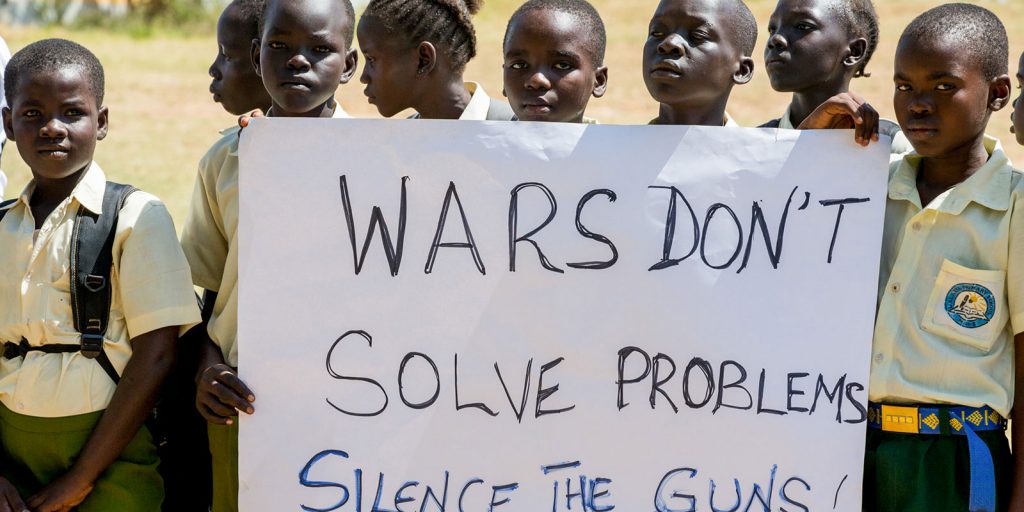
As South Sudanese celebrated the tenth anniversary of independence on 9 July, their ambitions to build a nation that they fought for and that many have scarified their lives for, have not yet been realized. Many challenges still undermine the nation building programmes and the people’s aspirations.